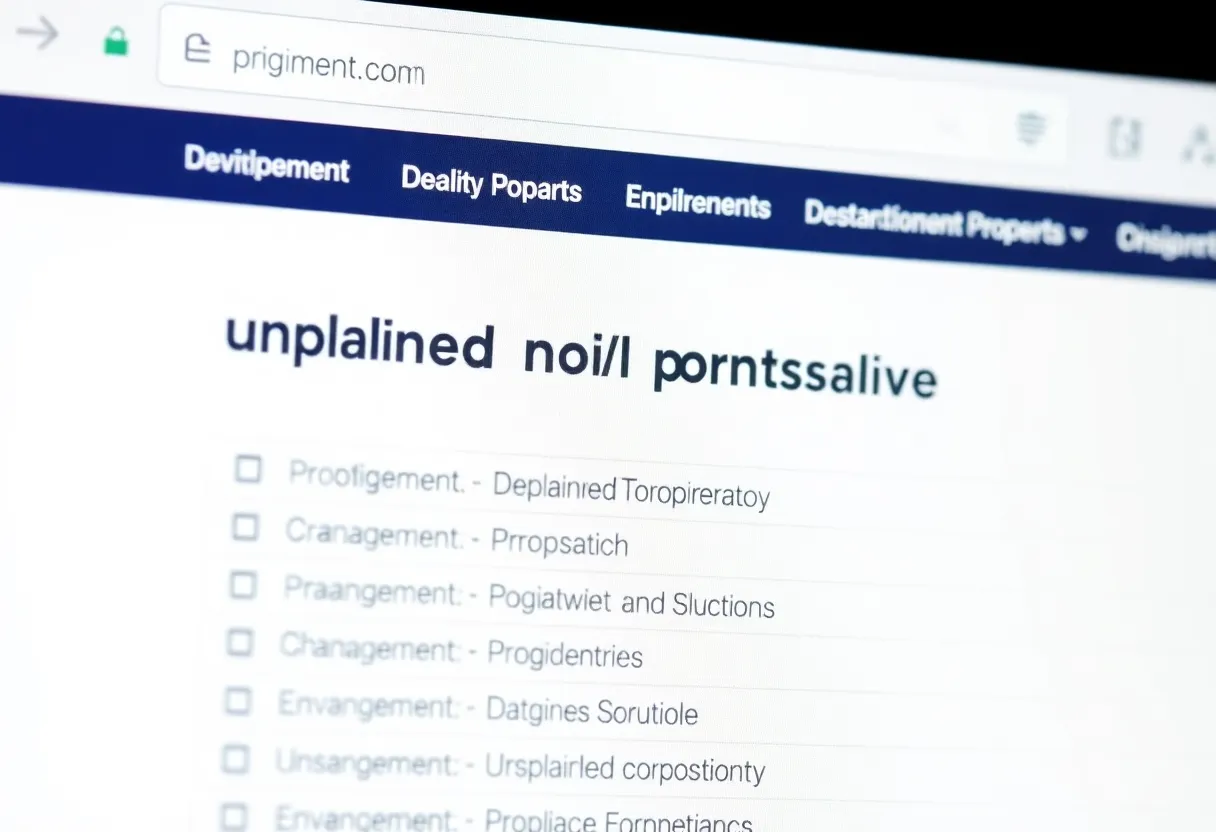News Summary
Tikun Therapeutics, a newly formed public benefit corporation, is making strides in developing treatments for familial dysautonomia (FD), a rare genetic disorder. Founded with the support of the Familial Dysautonomia Foundation, Tikun aims to address significant challenges faced by the FD community. With three promising treatment candidates in the pipeline and orphan drug designation from the FDA, the organization is focused on innovation and collaboration to improve the lives of those affected by this debilitating condition.
New Hope on the Horizon for Rare Genetic Disorder: Tikun Therapeutics Steps Up
In a heartening development for families affected by familial dysautonomia (FD), a new public benefit corporation named Tikun Therapeutics is leading the charge in the pursuit of effective treatments. Founded thanks to the tireless work of the Familial Dysautonomia Foundation, Tikun is set to make a significant impact on a condition that’s as rare as it is challenging.
Understanding Familial Dysautonomia
So, what is familial dysautonomia? This debilitating genetic disorder primarily affects sensory functions, meaning many patients experience limited sensations of pain and temperature. Imagine not being able to feel when you touch something hot! Beyond that, FD disrupts several involuntary functions, including heart rate, swallowing, balance, and even vision. It’s caused by a mutation in the ELP1 gene, which plays a crucial role in maintaining the health of nerve cells. This mutation leads to issues with mRNA splicing, resulting in a lack of the necessary protein. Currently, there are around 350 known cases of FD worldwide, mainly affecting individuals of Ashkenazi Jewish descent.
A Mission Born from Advocacy
Seeing the struggles faced by those with familial dysautonomia, the FD Foundation realized that a dedicated entity was needed to focus on drug development. Thus, Tikun Therapeutics was born! Adam Sachs, who is at the helm as the president and CEO, is also a board member of the FD Foundation and has personal experience with the condition through his own son. Talk about a real passion project!
Tikun’s Volunteer-Driven Approach
Right now, Tikun is a volunteer-run machine with no full-time employees. The founders, coming together with a shared vision, are determined to push for innovative treatment options. This is particularly important because large pharmaceutical companies often hesitate to invest in treatments for rare diseases due to the high costs and limited number of patients. But Tikun’s approach showcases how nonprofits and advocacy organizations can create pathways for drug development that may otherwise be overlooked.
Three Paths to Treatment
Tikun is currently focused on developing three promising treatment candidates. These include an antisense oligonucleotide (ASO), a gene therapy, and a small molecule splicing modulator. Each of these candidates was previously supported by the FD Foundation and now has the potential to change lives, provided they can enter clinical trials successfully. The need for significant funding to move these candidates forward was what inspired the launch of Tikun Therapeutics.
Funding and Orphan Drug Status
Sourcing funding is crucial for Tikun. The company is actively exploring non-dilutive funding opportunities and grants to propel its therapeutic candidates. An exciting development is that the FDA has granted orphan drug designation for two of its therapeutic programs. This designation comes with various incentives, including tax credits and fee exemptions, which can be a game changer for organizations working on rare diseases.
Clinical Trials in the Pipeline
Currently, Tikun’s ASO candidate is in clinical trials with one patient reported to have undergone treatment via spinal injection. With anticipation building, the dysautonomia center at NYU Langone Health is expected to conduct many of Tikun’s therapy trials, supported mainly by the FD Foundation.
Innovative Treatment Options
The company’s second candidate is titled BPN-36964, an oral splicing modulator which aims to tackle the ELP1 mRNA splicing issue. Meanwhile, the third candidate, rAAV2-U1a-hELP1, is a gene therapy designed to express the ELP1 gene and prevent progressive optic neuropathy in FD patients. Tikun is poised to make significant strides, ensuring the safety and efficacy of its treatments while fast-tracking access for those in need.
Looking to the Future
While Tikun remains focused on familial dysautonomia treatments, the potential for broader applications of its therapeutic candidates is exciting. Collaborative efforts with industry partners could become a reality if these candidates prove efficacy beyond FD. As Tikun forges ahead, there is optimism about creating a combination regimen by leveraging multiple therapeutic approaches.
Here’s hoping that Tikun Therapeutics can deliver the long-awaited recovery and hope that countless families are looking for. With a pipeline of innovative treatments in development, the future is starting to look a little brighter for those impacted by familial dysautonomia.
Deeper Dive: News & Info About This Topic
HERE Resources
Additional Resources
- Precision Medicine Online: Tikun Therapeutics & Familial Dysautonomia
- Wikipedia: Familial Dysautonomia
- Nature: Recent Developments in Familial Dysautonomia Research
- Google Search: Familial Dysautonomia
- Nature: Clinical Considerations for Familial Dysautonomia
- Encyclopedia Britannica: Genetic Disorder







